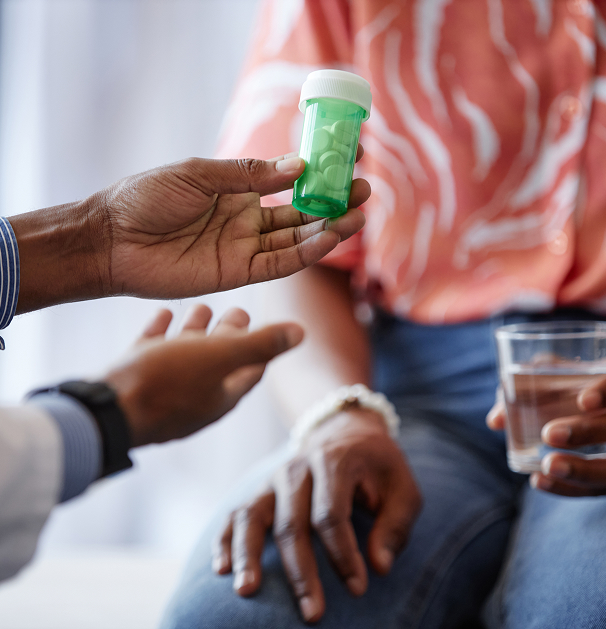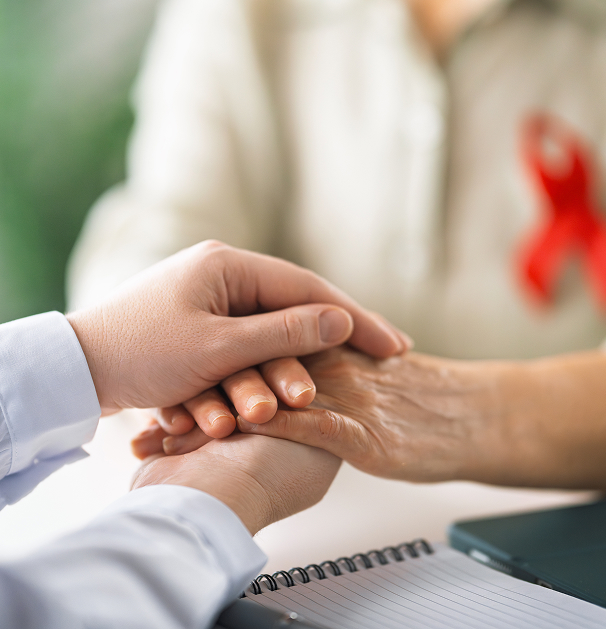HIV
What Is HIV Care?
There are many people living with HIV who do not yet know it. Getting tested is very important to prevent the progression of HIV to AIDS. That’s why we make HIV services affordable through our sliding fee scale and Ryan White Services for patients who qualify. HSNT accepts Medicare, Medicaid, and most commercial insurance plans. If you would like to become a patient at HSNT, please call the office nearest you to speak with one of our friendly receptionists, who will schedule an appointment for you. It is our mission to help our patients live long, healthy lives with hope.




